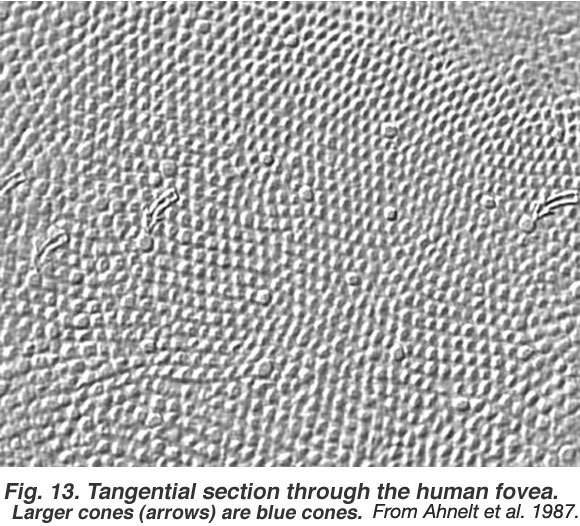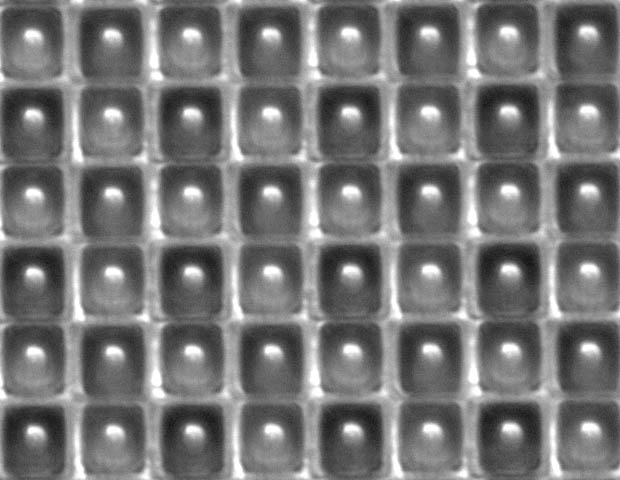I am an advocate for digital post and projection. I've seen horrible prints and been to plenty of disastrous screenings even when there were plentiful projectionists.Roeder wrote: Thu Oct 13, 2022 4:01 amThis, with all the nagging details included, actually sounds like a really nice evening.Geiginni wrote: Wed Oct 12, 2022 1:55 pm On a related note: movies on 35mm (and often 70mm) print stock generally look like shit compared to DCI-compliant, 4k, 12 or 14-bit color channels digital cinema running at 60 fps.
Just before the pandemic, I got to see a fresh 70mm print of 2001: A Space Odyssey at a local classic movie house.
As great a movie as it is, I noticed:
- gate flicker is really noticeable at 24 fps, especially with a large shutter on a 70mm print. There is A LOT of blanking time involved in moving and projecting a frame of 70mm
- Color saturation suffers when "un-compressing" an anamorphic frame. Even non-anamorph prints have worse color gamut and saturation than digital.
- After viewing digital content for 15+ years, the grain in a print becomes really obvious, as it does it's little brownian noise dance around the screen
- Along with grain, the non-uniformity of the print chemistry and variations in the processing chemistry really stand out
- Dynamic range is poor compared to digital. The blacks aren't very black, the whites are hazy and muddled. Shadow details get lost and washout is common.
Additionally, that classic movie house had poor acoustics and the audio was imbalanced and had poor surround distribution.
None of those complaints would bother me...but that movie is from 1968, there is going to be considerable anomalies baked into original negative that occurred during the original filming or post-production. Especially considering they were doing all of their color correction, compositing, etc all chemically. They could never tweak dynamic range to an artificial degree like they can today or digitally scrub out any minute offending details. So I wonder how a modern Chris Nolan thing would stack up visually if you A/B'd it.
2001 is certainly a visionary film, but there are plenty of things that look antiquated including the monkey suits, space fashions, and the whole star gate sequence. But for a movie that envisions an alternate future at a time when it was conceivable as a possible future it is really impressive.
Most importantly nobody can seem to make a decent movie anymore, and while that may come down the overall degradation of society, the temptation to focus on digital FX-ridden bullet-time juvenilia seems an extenuating factor. So another thing that isn't better with digital, rather significantly worse.


